Why Are Police Officers Called Cops? Origins Explained
Growing up, I always wondered why police officers were called “cops.” It seemed like a strange nickname for such an important profession. So, I did some research and discovered the fascinating origins behind this commonly used moniker.
The nickname “cop” is the most common and oldest slang term for police officers in the US. It has become synonymous with “police” and is widely used in law enforcement. Theories on the origin of the term include “constable on patrol” and “copper buttons and badges,” but the truth is that “cop” developed from the verb “to cop,” meaning “to take or seize.” The use of “cop” to refer to police officers started around 1844 and has continued to this day.
Key Takeaways:
- The term “cop” originated from the verb “to cop,” which means “to take or seize.”
- The nickname “cop” is the most common and oldest moniker for police officers in the US.
- Theories on the origin of the term include “constable on patrol” and “copper buttons and badges.”
- The use of “cop” to refer to police officers dates back to around 1844.
- The term has become widely accepted and is no longer considered derogatory.
Now that we have uncovered the origins of the term “cop,” let’s explore some other popular nicknames used for police officers and their significance in different regions.
The Fuzz and 5-0: How They Became Popular
“The fuzz” and “5-0” are other popular nicknames for police officers. The origin of “the fuzz” is unclear, but it may come from the sound of static over police radios, the fuzzy hats worn by British police officers, or the short and fuzzy haircuts of new officers. “5-0” originated from the television show Hawaii Five-O, which featured the Hawaiian police force. “The heat” may refer to the red flashing lights on police cars or the pressure applied by police when interrogating suspects. “Boys in blue” comes from the classic navy blue uniforms worn by police officers.
These nicknames have become ingrained in popular culture and are often used affectionately or in a lighthearted manner. They add personality and familiarity to the image of law enforcement, highlighting the unique language and camaraderie shared among officers.
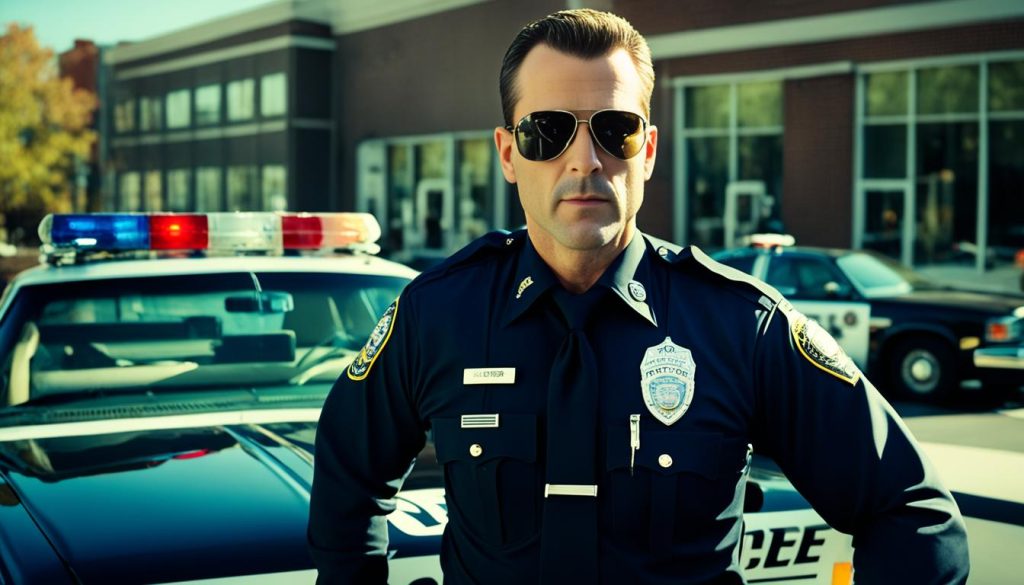
The use of these nicknames reinforces the connection between police officers and the communities they serve. It humanizes the profession and allows for a more approachable and relatable image of law enforcement. While these nicknames may have originated under different circumstances, they have evolved to become universally recognized and understood.
Next, we’ll explore some older nicknames for police officers in the US and their historical significance.
Older Nicknames for Police in the US
In the history of law enforcement in the United States, there have been several other nicknames used to refer to police officers. These old monikers highlight the diverse and evolving language of the profession.
- Gumshoe: This nickname was often used to describe detectives who worked diligently and stealthily to solve crimes. It reflected their ability to track down leads and gather evidence, much like a detective wearing gum-soled shoes silently pursuing a suspect.
- Smokey: Derived from Smokey the Bear, a symbol used by the US Forest Service, this nickname was given to police officers because their uniform hats resembled those of the beloved bear. Smokey the Bear was known for his authority and vigilance in preventing forest fires, making the connection to diligent and watchful police officers fitting.
- The Man: In the 1960s and 70s, “The Man” was a more general term used to refer to any authority figure, including police officers. It encompassed the perception of the government or establishment as having control and power. It was often used in the context of counterculture movements, expressing resistance towards perceived oppressive forces.
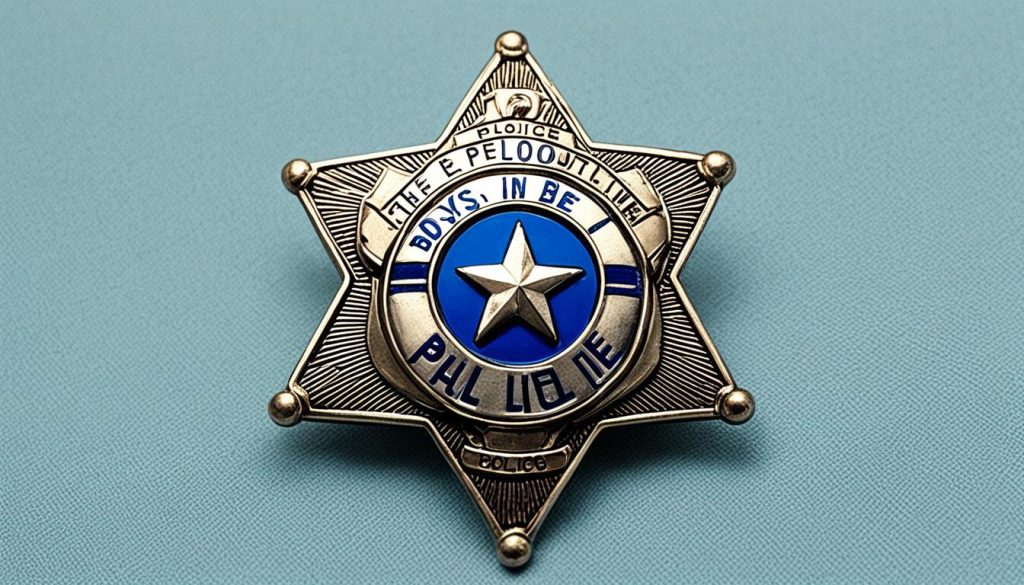
These older nicknames for police officers reflect the historical context and cultural references of their time. While “cop” has become the predominant and most commonly used term, these previous monikers offer insights into the evolution of law enforcement language.
Nicknames for Police Around the World
Police officers have been given interesting nicknames around the world. In the UK, they are often called “bobbies” due to the founder of modern policing, Sir Robert Peel. The Royal Canadian Mounted Police, known for patrolling on horseback, are commonly referred to as “mounties.” In Vietnam, traffic police officers are nicknamed “Pikachu” because of their yellow uniforms resembling the Pokémon character.
The Significance of the Term “Cop”
Have you ever wondered why police officers are commonly referred to as “cops”? The slang term “cop” holds significant historical and linguistic meaning in the law enforcement community.
The origin of the term “cop” can be traced back to the verb “to cop,” which means “to seize or take.” It reflects the primary role of police officers in capturing or apprehending criminals. The term “cop” developed from this verb and has been used to refer to police officers since around 1844.
The linguistic roots of “cop” also shed light on its significance. The Latin verb “capere,” the French verb “caper,” and the Dutch word “kapen” are all related to the concept of taking or seizing. These linguistic connections likely influenced the adoption of “cop” as a slang term for police officers.
Over time, the term “cop” has become widely accepted and is no longer considered derogatory. It has become synonymous with “police” and is used extensively in law enforcement circles.
Next, let’s explore other intriguing nicknames for police officers and their origins around the world.
| Nickname | Origin |
|---|---|
| The Fuzz | The exact origin is uncertain, but it may stem from the sound of static heard over police radios or the fuzzy hats worn by British police officers. |
| 5-0 | Derived from the television show Hawaii Five-O, which featured the Hawaiian police force. |
| The Heat | Refers to the pressure applied by police officers when interrogating suspects or the red flashing lights on police cars. |
| Boys in Blue | Originates from the classic navy blue uniforms worn by police officers. |
Garmont’s T8 LE 2.0 Boot
Garmont offers the Garmont T8 LE 2.0 boot, a top-notch footwear designed specifically for police officers. These boots are crafted keeping in mind the unique challenges and demands of police work, providing both comfort and durability.
The T8 LE 2.0 boot is impressively lightweight, ensuring that officers can easily navigate challenging situations without feeling weighed down. Whether at the station, on patrol, or responding to a critical emergency, these boots offer the perfect blend of flexibility and support.
The use of polishable full-grain leather enhances the professional appearance of police officers while ensuring the longevity of the boot. The side-zipper feature allows for easy on-and-off, saving officers valuable time during quick transitions. The closed eyelets with the added Velcro strap prevent any unwanted snags or entanglements, making it a reliable choice for police officers in the field.
With Garmont’s T8 LE 2.0 boot, police officers can trust that their feet are well-protected and supported throughout their demanding work. Invest in these high-quality police officer shoes to experience utmost comfort and reliability during duty hours.
- Canada Arrest Protocol: What Police Say Upon Arrest - June 12, 2025
- Can Police Disclose Who Reported You? Find Out Here - June 6, 2025
- 2025 Window Rebates Ontario: How to Save Money While Replacing Windows and Doors - April 24, 2025

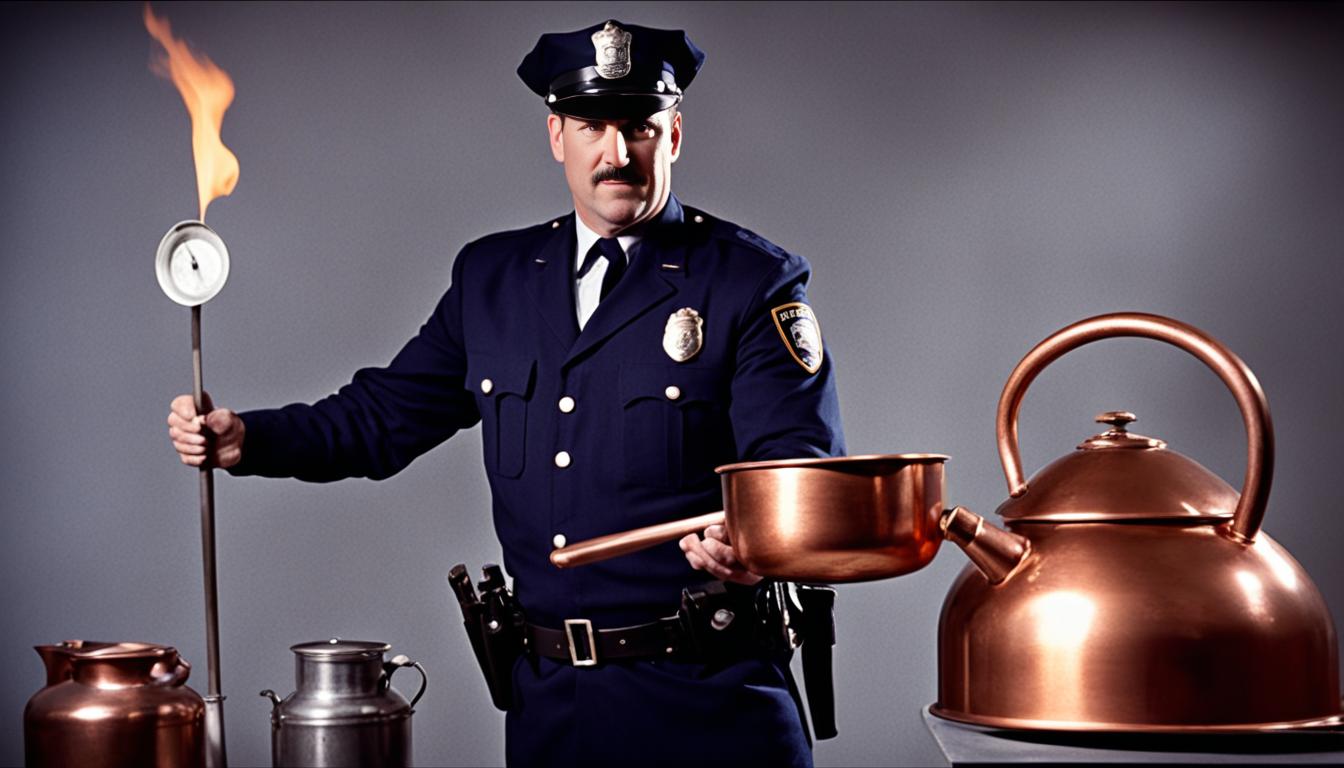
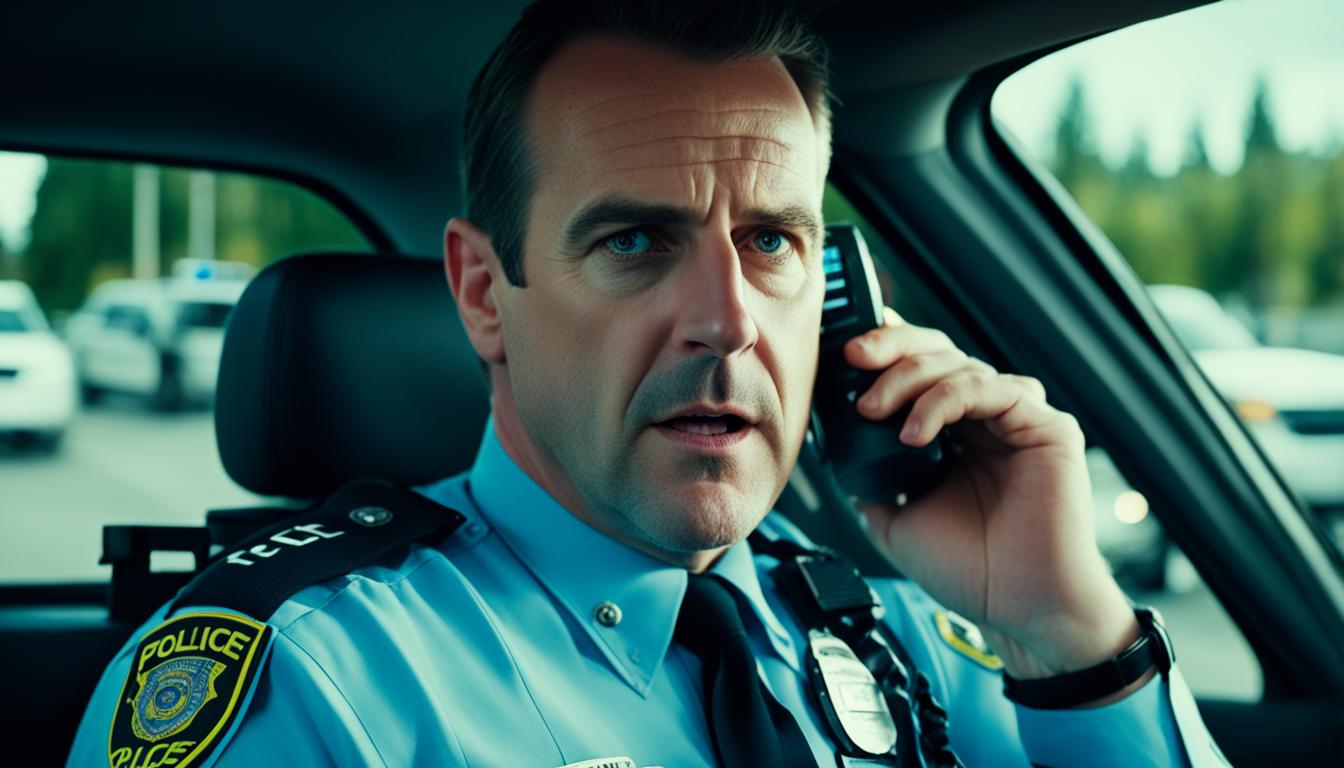
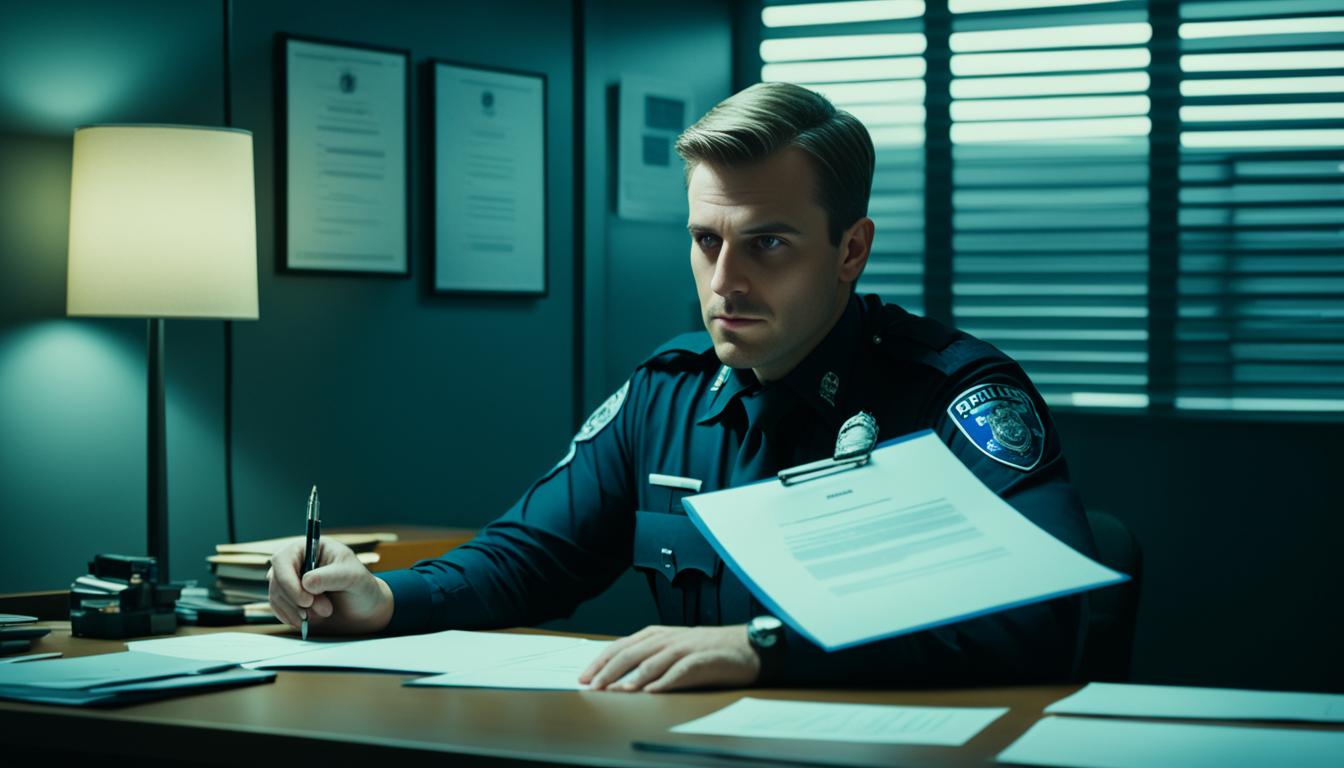
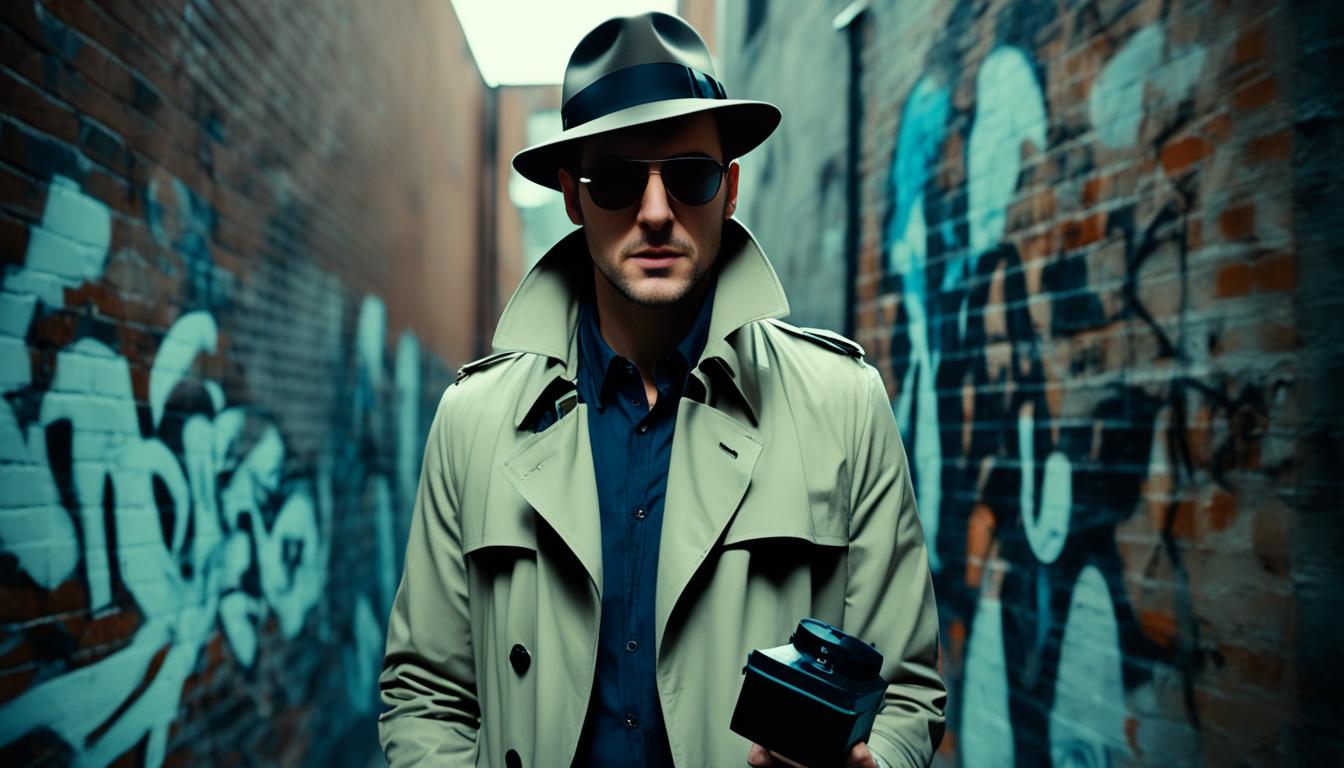
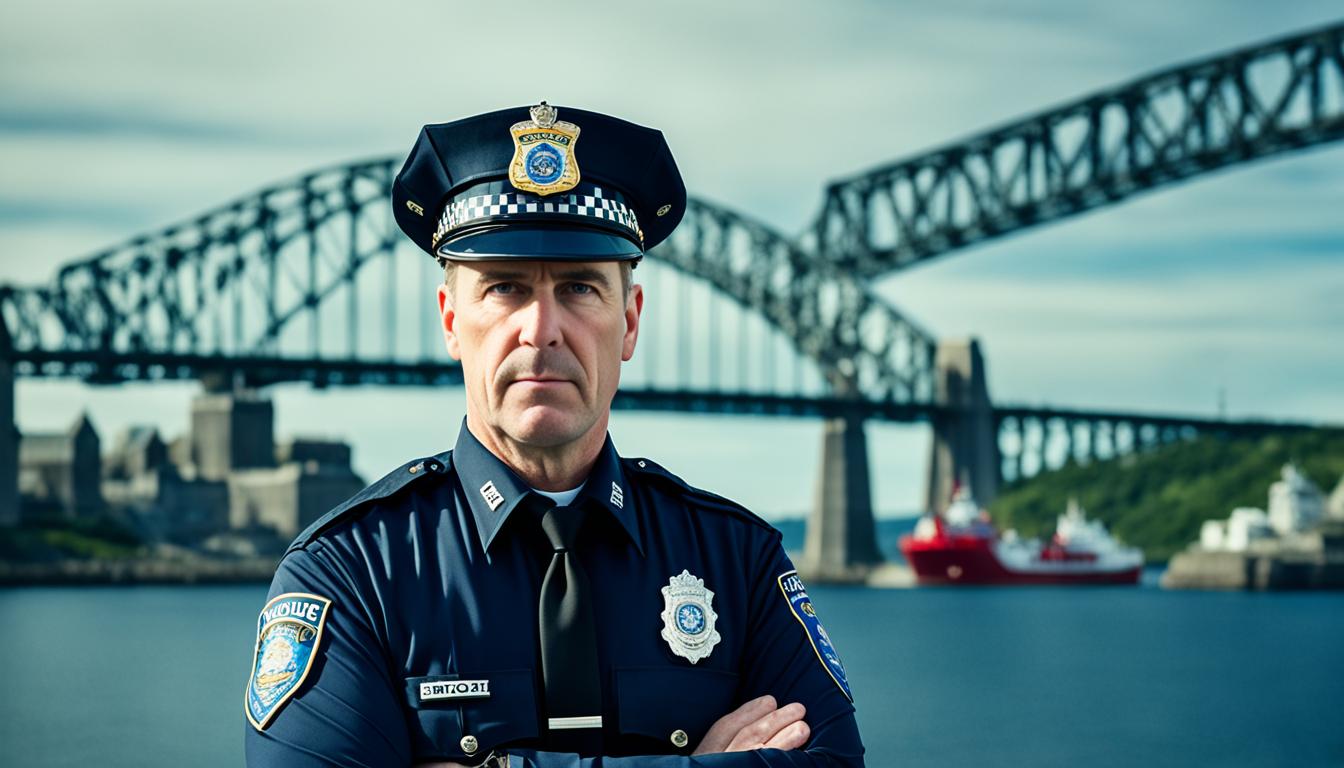
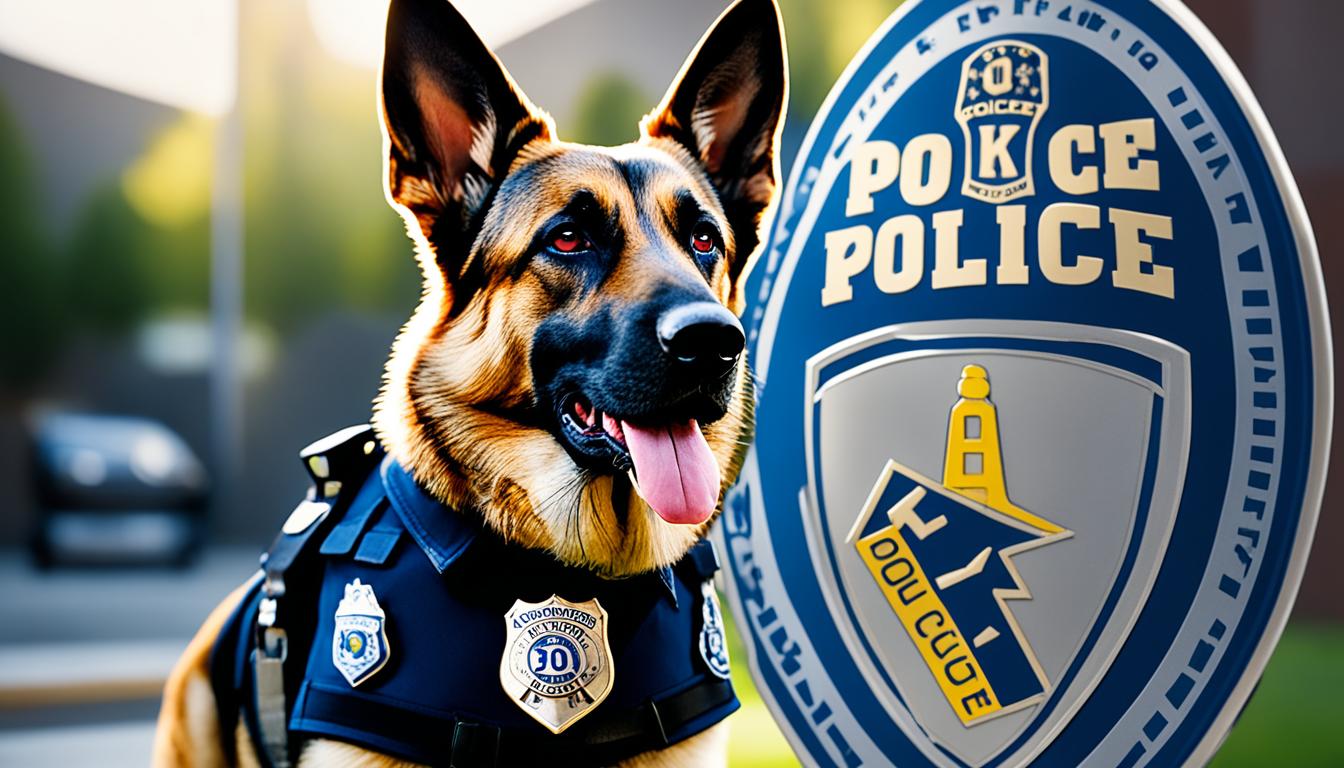

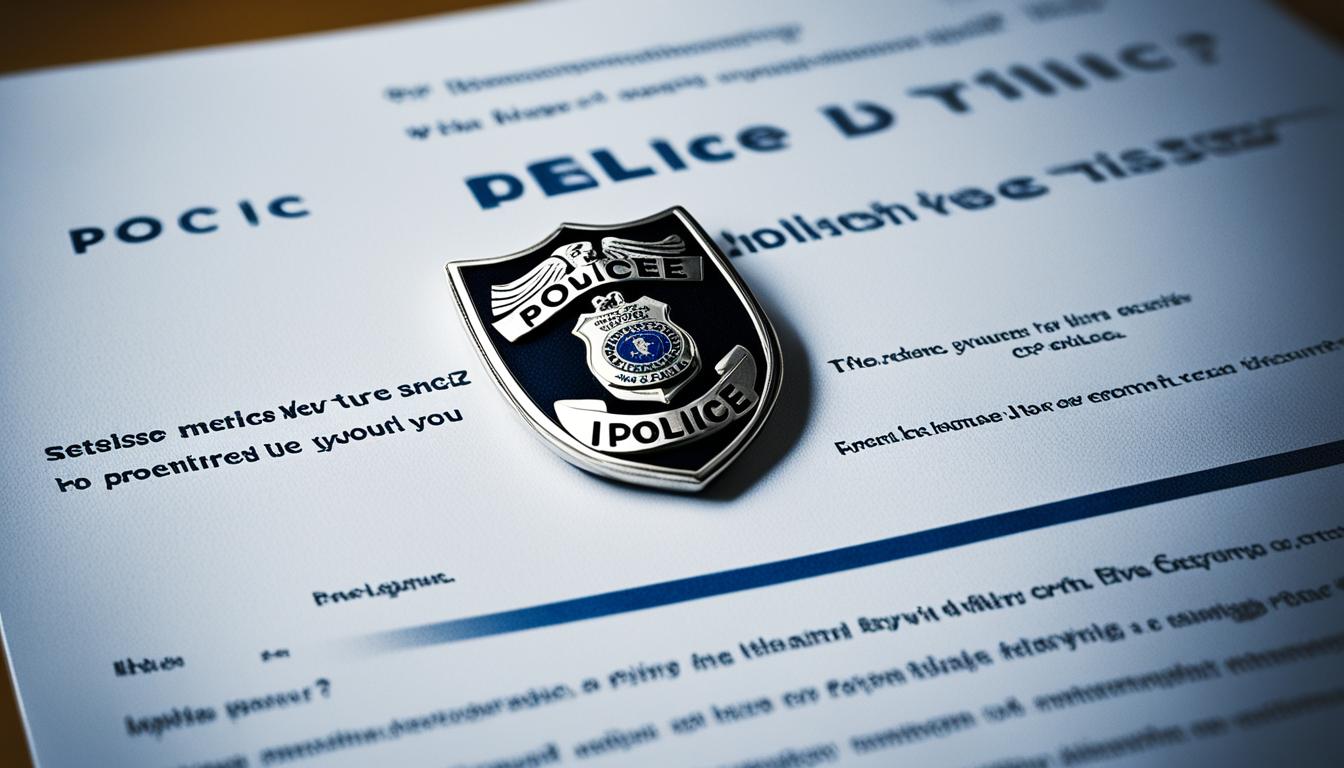









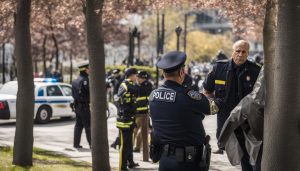

Post Comment